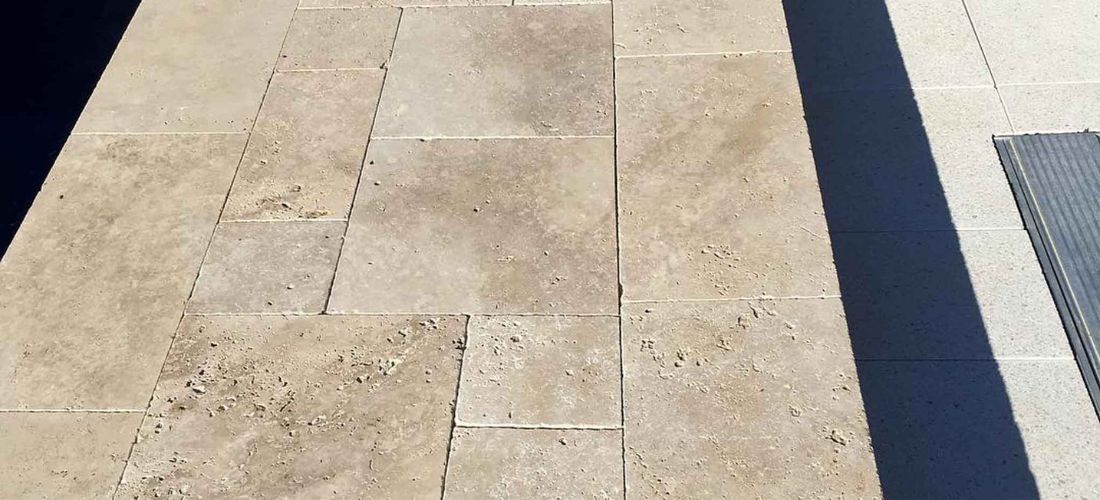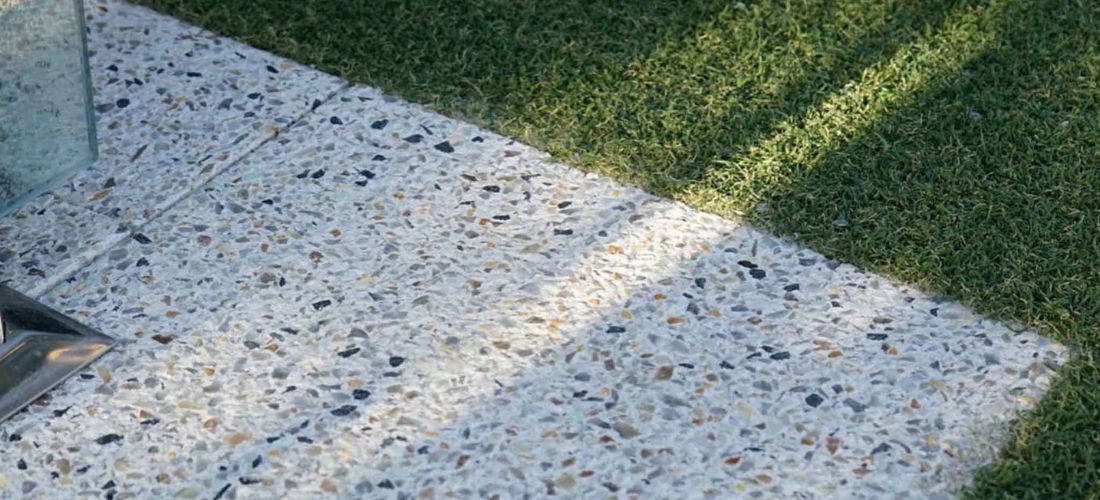
When it comes to residential and commercial paving, understanding the best practices for installation and maintenance can ensure you get many years of service from your paved spaces. Not only that but making sure these areas are properly designed and built also helps minimise any potential repair costs down the line. Whether you have a small residential driveway or a large commercial parking lot in need of paving, certain techniques should always be employed when it comes to this important task. In this guide, we will discuss the primary methods needed for successful residential and commercial paving projects so that you feel confident in your investment.
Before any paving project, it is essential to consult a professional paving contractor who can determine the best course of action for the specific surface to be paved.
It is highly recommended that before beginning any commercial or residential paving project, one should always consult a qualified and experienced professional paving contractor. This ensures the job is done correctly and efficiently, with quality materials used to create long-lasting results. A professional contractor will have in-depth knowledge of the area, any necessary permits required for the task, as well as an understanding of industry standards and regulations. Additionally, they can help explain the best practices for installing pavers and how to maintain them over time to maximise their value for years to come.
Different climate conditions require different materials that can withstand various levels of wear and tear.
To ensure that the correct paving materials are used for the job, it is important to do thorough research on the specific material needed for the project and consult with a professional who is knowledgeable in this area. This will ensure that all necessary components, such as durability, appearance, cost, and installation ease are taken into consideration when selecting the right paving materials for the job. Furthermore, it is essential to understand the local climate and environmental conditions when choosing so that any additional treatments or sealants required for optimal performance are applied accordingly.

Ensure that a proper base layer is laid down before any type of paving is added. This will help provide even support beneath the new pavement and should extend at least three inches beyond where the pavement will start.
The importance of a well-prepared base layer when paving cannot be overstated, as it is the foundation upon which the entire project relies. An inadequate base can lead to problems such as cracks, unevenness, and premature deterioration of the finished surface, thus making it essential that the soil is compacted properly and that any necessary drainage is in place before beginning construction. A thorough examination should be made before starting any paving project to ensure that all components of the base layer are appropriate for the job at hand.
Proper sealing is highly important and can help to extend the life of a paver patio or walkway by preventing water, oil, and other liquids from penetrating the surface, while also protecting it from UV damage and staining due to dirt and debris. Sealing will also help to bring out the natural colours and textures in the stone material itself, highlighting its unique beauty and giving your outdoor space an elegant finished look.
It’s also important to regularly maintain your newly paved area with regular cleaning, scraping away debris, filling in small cracks and resealing as needed. This will help keep your driveway looking new for many years!
It is important to avoid using abrasive cleaning products on pavers, as harsh chemicals can cause damage and discolouration. Instead, opt for gentler solutions such as warm soapy water or a mild detergent. Additionally, spills should be attended to immediately with a cloth or mop – leaving them to linger can leave stains that are difficult to remove. Not only that but it can cause permanent damage. Cleaning up staining straight away will help ensure that your pavers remain looking their best in the long term.

Be mindful of where you are parking vehicles when they are not in use – avoid parking large trucks on driveways as they can cause excessive wear and tear over time.
Adhering to the weight capacity of pavers is important to ensure the longevity and structural integrity of a paved surface. Exceeding the weight capacity of pavers can lead to deformation, cracking, and eventually collapse, reducing their ability to provide safe and secure footpaths for people and vehicles. Additionally, overloading pavers can make them difficult or even impossible to repair without replacing them entirely, which increases costs associated with installation and maintenance. For these reasons, it is essential that pavers are only used in applications where their weight capacity is not exceeded.
As you can see from the many examples in this article, there are endless possibilities and combinations when it comes to designing your paver area. Whether your goal is a unique rooftop space, a cozy poolside area or an inviting garden terrace, the perfect pavers and hardscaping solutions can be achieved with careful consideration of your desired outcome. Don’t forget that paver patios need not completely replace flower beds, decks or gardens – all these elements can combine to create harmonious outdoor entertainment areas. From simple brick designs to elaborate installations with multiple patio levels, paver patios provide plenty of room for creativity and personal preference. Adding landscaping, outdoor lighting and furniture offers additional ways to customise your design while maximising the use of your outdoor space. Get that paver project underway with the expert team at Bonita Stone. Contact us today!
Contact us today to find out more about our products and services and how we can help you with your paving needs
© 2026 Bonita Stone Paving Products